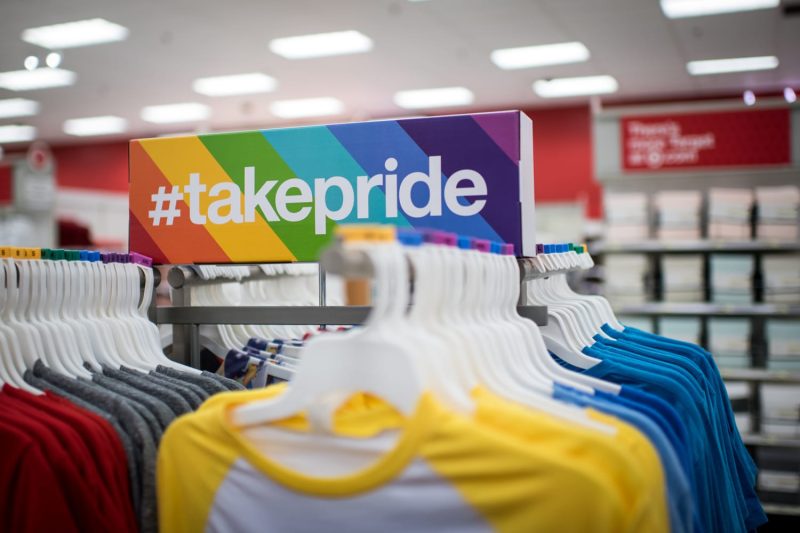In the realm of social justice movements, the concept of wokeness has become a pervasive force, sparking debates and controversies across various spectrums. One of the focal points in this ongoing discourse has been the Corporate Equality Index (CEI) from the Human Rights Campaign (HRC), an annual report measuring LGBTQ inclusion in workplaces. What was once hailed as a progressive benchmark by big brands such as Walmart and Apple has found itself embroiled in a unique conflict, as it transitioned from a celebrated symbol of corporate advocacy on gay rights to a conservative target under the banner of the War on Woke.
The CEI, initially established in 2002, aimed to evaluate and recognize companies that demonstrated a commitment to LGBTQ equality in their workplace policies. Over time, the index gained prominence and credibility, with numerous corporations aspiring to achieve a high score as a badge of honor in the pursuit of diversity and inclusion. The support and recognition from major brands not only elevated the CEI’s status but also highlighted the changing landscape of corporate responsibility towards marginalized communities.
However, as the concept of wokeness and cultural norms evolved, the CEI found itself at the center of a political and ideological crossfire. What was once seen as a progressive tool for advocating LGBTQ rights started to draw criticism from conservative groups and individuals who viewed the index as a symbol of ideological enforcement. The evolution of the index from a neutral measure of LGBTQ inclusivity to a perceived weapon of cultural warfare exemplifies the broader societal tensions surrounding identity politics and social justice movements.
The War on Woke, a term coined to describe the backlash against progressive ideologies and political correctness, has positioned the CEI at the forefront of its battleground. With conservative groups leveraging the index’s influence on corporate policies and public perceptions, the CEI has become a target for those seeking to challenge the prevailing narrative on diversity and inclusion. The index, once lauded as a beacon of progress, is now scrutinized and criticized for allegedly promoting a partisan agenda at the expense of genuine diversity and open dialogue.
As the War on Woke intensifies, the fate of the CEI and similar initiatives hangs in the balance. The clash between progressive ideals and conservative backlash underscores the complexities of navigating social change in a polarized society. The CEI, once a symbol of corporate activism on LGBTQ rights, now stands at a crossroads, where its impact and relevance face scrutiny from all sides of the ideological spectrum.
In conclusion, the journey of the Corporate Equality Index from a celebrated symbol of LGBTQ inclusion to a battleground in the War on Woke reflects the broader challenges of advancing social justice in a divided world. The evolving perceptions and controversies surrounding the index serve as a reminder of the complexities and nuances of navigating identity politics and cultural norms in the corporate landscape. As the discourse continues to unfold, the fate of the CEI remains uncertain, caught between competing ideologies and visions of a more inclusive future.
